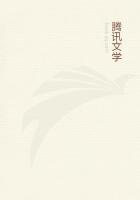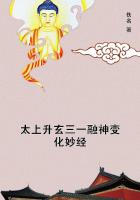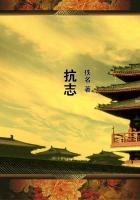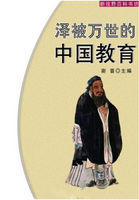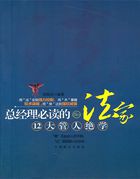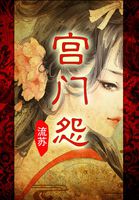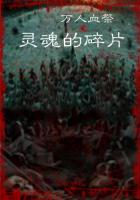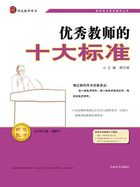In the Lithuanian Provinces, where the nobles were Polish by origin and sympathies, the miserable condition of the peasantry had induced the Government in the preceding reign to limit the arbitrary power of the serf-owners by so-called Inventories, in which the mutual obligations of masters and serfs were regulated and defined. These Inventories had caused great dissatisfaction, and the proprietors now proposed that they should be revised. Of this the Government determined to take advantage. On the somewhat violent assumption that these proprietors wished to emancipate their serfs, an Imperial rescript was prepared approving of their supposed desire, and empowering them to form committees for the preparation of definite projects. In the rescript itself the word emancipation was studiously avoided, but there could be no doubt as to the implied meaning, for it was expressly stated in the supplementary considerations that "the abolition of serfage must be effected not suddenly, but gradually." Four days later the Minister of the Interior, in accordance with a secret order from the Emperor, sent a circular to the Governors and Marshals of Noblesse all over Russia proper, informing them that the nobles of the Lithuanian Provinces "had recognised the necessity of liberating the peasants," and that "this noble intention" had afforded peculiar satisfaction to his Majesty. A copy of the rescript and the fundamental principles to be observed accompanied the circular, "in case the nobles of other provinces should express a similar desire."
This celebrated document is known as "The Rescript to Nazimof."
More than once in the course of conversation I did all in my power, within the limits of politeness and discretion, to extract from General Nazimof a detailed account of this important episode, but my efforts were unsuccessful.
This circular produced an immense sensation throughout the country.
No one could for a moment misunderstand the suggestion that the nobles of other provinces MIGHT POSSIBLY express a desire to liberate their serfs. Such vague words, when spoken by an autocrat, have a very definite and unmistakable meaning, which prudent loyal subjects have no difficulty in understanding. If any doubted, their doubts were soon dispelled, for the Emperor, a few weeks later, publicly expressed a hope that, with the help of God and the co-operation of the nobles, the work would be successfully accomplished.
The die was cast, and the Government looked anxiously to see the result.
The periodical Press--which was at once the product and the fomenter of the liberal aspirations--hailed the raising of the question with boundless enthusiasm. The Emancipation, it was said, would certainly open a new and glorious epoch in the national history. Serfage was described as an ulcer that had long been poisoning the national blood; as an enormous weight under which the whole nation groaned; as an insurmountable obstacle, preventing all material and moral progress; as a cumbrous load which rendered all free, vigorous action impossible, and prevented Russia from rising to the level of the Western nations. If Russia had succeeded in stemming the flood of adverse fortune in spite of this millstone round her neck, what might she not accomplish when free and untrammelled? All sections of the literary world had arguments to offer in support of the foregone conclusion. The moralists declared that all the prevailing vices were the product of serfage, and that moral progress was impossible in an atmosphere of slavery;
the lawyers held that the arbitrary authority of the proprietors over the peasants had no legal basis; the economists explained that free labour was an indispensable condition of industrial and commercial prosperity; the philosophical historians showed that the normal historical development of the country demanded the immediate abolition of this superannuated remnant of barbarism; and the writers of the sentimental, gushing type poured forth endless effusions about brotherly love to the weak and the oppressed. In a word, the Press was for the moment unanimous, and displayed a feverish excitement which demanded a liberal use of superlatives.
This enthusiastic tone accorded perfectly with the feelings of a large section of the nobles. Nearly the whole of the Noblesse was more or less affected by the newborn enthusiasm for everything just, humanitarian, and liberal. The aspirations found, of course, their most ardent representatives among the educated youth; but they were by no means confined to the younger men, who had passed through the universities and had always regarded serfage as a stain on the national honour. Many a Saul was found among the prophets.
Many an old man, with grey hairs and grandchildren, who had all his life placidly enjoyed the fruits of serf labour, was now heard to speak of serfage as an antiquated institution which could not be reconciled with modern humanitarian ideas; and not a few of all ages, who had formerly never thought of reading books or newspapers, now perused assiduously the periodical literature, and picked up the liberal and humanitarian phrases with which it was filled.



